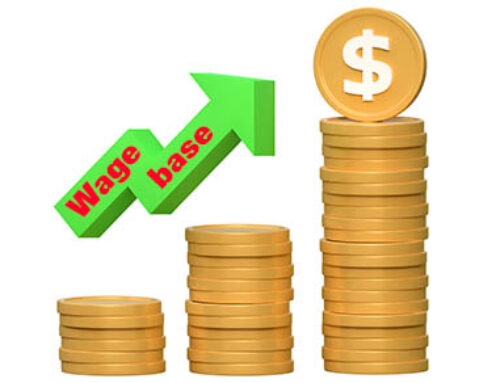Business transactions with related parties — such as friends, relatives, parent companies, subsidiaries and affiliated entities — may sometimes happen at above- or below-market rates. This can be misleading to people who rely on your company’s financial statements, because undisclosed related-party transactions may skew the company’s true financial results.
The hunt for related parties
Given the potential for double-dealing with related parties, auditors spend significant time hunting for undisclosed related-party transactions. Examples of documents and data sources that can help uncover these transactions are:
- A list of the company’s current related parties and associated transactions,
- Minutes from board of directors’ meetings, particularly when the board discusses significant business transactions,
- Disclosures from board members and senior executives regarding their ownership of other entities, participation on additional boards and previous employment history,
- Bank statements, especially transactions involving intercompany wires, automated clearing house (ACH) transfers, and check payments, and
- Press releases announcing significant business transactions with related parties.
Specifically, auditors look for contracts for goods or services that are priced at less (or more) favorable terms than those in similar arm’s-length transactions between unrelated third parties.
For example, a spinoff business might lease office space from its parent company at below-market rates. A manufacturer might buy goods at artificially high prices from its subsidiary in a low-tax country to reduce its taxable income in the United States. Or an auto dealership might pay the owner’s daughter an above-market salary and various perks that aren’t available to unrelated employees.
Audit procedures
Audit procedures designed to target related-party transactions include:
- Testing how related-party transactions are identified and coded in the company’s enterprise resource planning (ERP) system,
- Interviewing accounting personnel responsible for reporting related-party transactions in the company’s financial statements, and
- Analyzing presentation of related-party transactions in financial statements.
Accurate, complete reporting of these transactions requires robust internal controls. A company’s vendor approval process should provide guidelines to help accounting personnel determine whether a supplier qualifies as a related party and mark it accordingly in the ERP system. Without the right mechanisms in place, a company may inadvertently omit a disclosure about a related-party transaction.
Let’s talk about it
With related-party transactions, communication is key. Always tell your auditors about known related-party transactions and ask for help disclosing and reporting these transactions in a transparent manner that complies with U.S. Generally Accepted Accounting Principles.
© 2022




